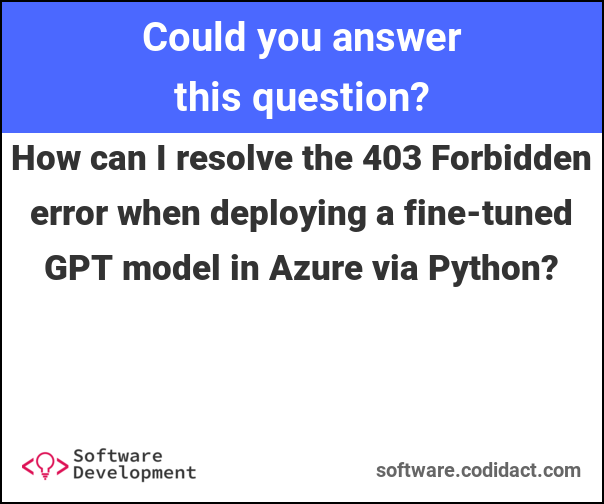Water-based computer
We all know that electrons behave like flowing water, e.g. that electric currents behave like water currents. We also know that modern computers use electric currents to carry out mathematical and logical operations.
My question is:
- Can a computer (a machine that is able of at least carrying out basic mathematical operations) be built which operates and carries out calculations using flowing water or any other liquid?
This post was sourced from https://worldbuilding.stackexchange.com/q/44691. It is licensed under CC BY-SA 3.0.
1 answer
Like others have pointed out, such a computer already exists. Not only that, it looks like it was done long before electronic computers; take for example the water integrator, built in the Soviet Union in 1936, capable of solving mathematical problems (but it doesn't look like a general-purpose, programmable, Turing complete device, which is generally what we think of as computers today). Wikipedia claims, but provides no citation for it, that similar computers were used in the Soviet Union until the 1980s.
Another more recent example is Manu Prakash et. al.'s work on a computer that operates using water droplets, straight out of Stanford University in mid-2015.
Their work, however, is not intended to compete with electronic computers. From the above-linked news article:
The computer is nearly a decade in the making, incubated from an idea that struck Prakash when he was a graduate student. /.../
Because of its universal nature, the droplet computer can theoretically perform any operation that a conventional electronic computer can crunch, although at significantly slower rates. Prakash and his colleagues, however, have a more ambitious application in mind.
"We already have digital computers to process information. Our goal is not to compete with electronic computers or to operate word processors on this," Prakash said. "Our goal is to build a completely new class of computers that can precisely control and manipulate physical matter. /.../"
Aside from the news article, their results have been published in Nature Physics and discussed in a number of different places (note: each word is a separate link).





















0 comment threads